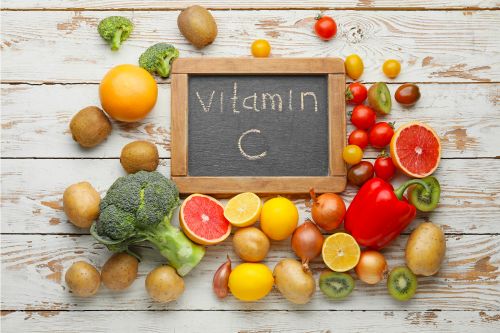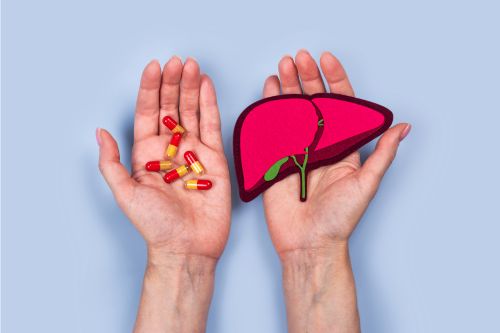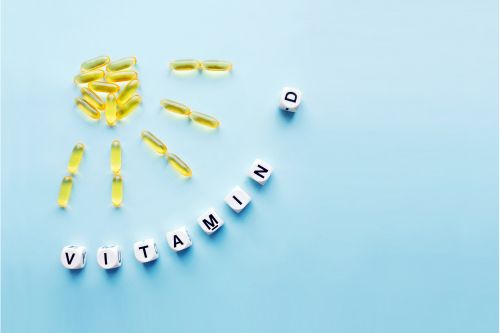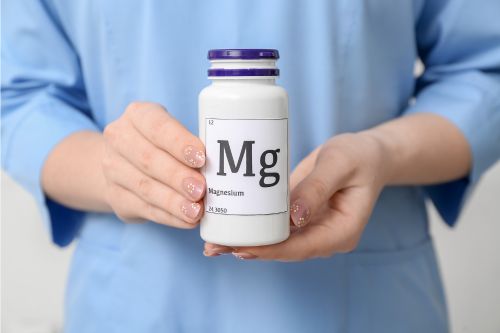2 Min Read
Best Supplements to Improve Fertility

Improving fertility involves a holistic approach that includes a healthy lifestyle, a balanced diet, and potentially some targeted supplements to boost fertility. Before starting any fertility boosting supplements, it's crucial to consult with a healthcare professional, especially for individuals experiencing fertility issues.
Here are some supplements that are commonly considered for supporting fertility:
Folic Acid or Folate
Essential for DNA synthesis and cell division, folic acid is crucial for preventing neural tube defects in early pregnancy. It's recommended for women trying to conceive.
Iron
Adequate iron levels are important for preventing anemia, which can affect fertility. Iron supports overall reproductive health.
Vitamin D
Vitamin D is linked to reproductive health, and its deficiency has been associated with fertility issues. Exposure to sunlight and dietary sources can contribute, but supplementation may be necessary for some individuals.
Omega-3 Fatty Acids
Found in fish oil, flaxseed oil, and algae-based supplements, omega-3 fatty acids may support overall reproductive health. They are essential for hormone production and may benefit both male and female fertility.
Coenzyme Q10 (CoQ10)
CoQ10 is an antioxidant that may support egg and sperm health. It's more commonly recommended for women as they age, as fertility tends to decline with age.
Vitamin E
An antioxidant that may play a role in reproductive health. It is found in nuts, seeds, and vegetable oils.
Zinc
Important for sperm health and the proper functioning of the female reproductive system. Zinc-rich foods include meat, dairy, nuts, and seeds.
L-arginine
An amino acid that may improve blood flow to the reproductive organs, potentially benefiting both men and women.
Vitamin C
Vitamin C is an antioxidant that may protect sperm from oxidative stress. It is found in fruits and vegetables.
Probiotics
Gut health is linked to overall well-being, and some studies suggest a potential connection between a healthy gut microbiome and fertility.
Beef Liver Supplements
Beef liver is naturally high in iron and contains key minerals such as copper and zinc. Beef liver supplements also are high in B vitamins, specifically folate.
It's important to note that individual needs vary, and excessive supplementation can have adverse effects. A healthcare professional can help determine appropriate dosages based on individual health conditions and dietary intake. Additionally, addressing lifestyle factors such as maintaining a healthy weight, managing stress, and avoiding smoking and excessive alcohol intake can significantly contribute to overall fertility.


